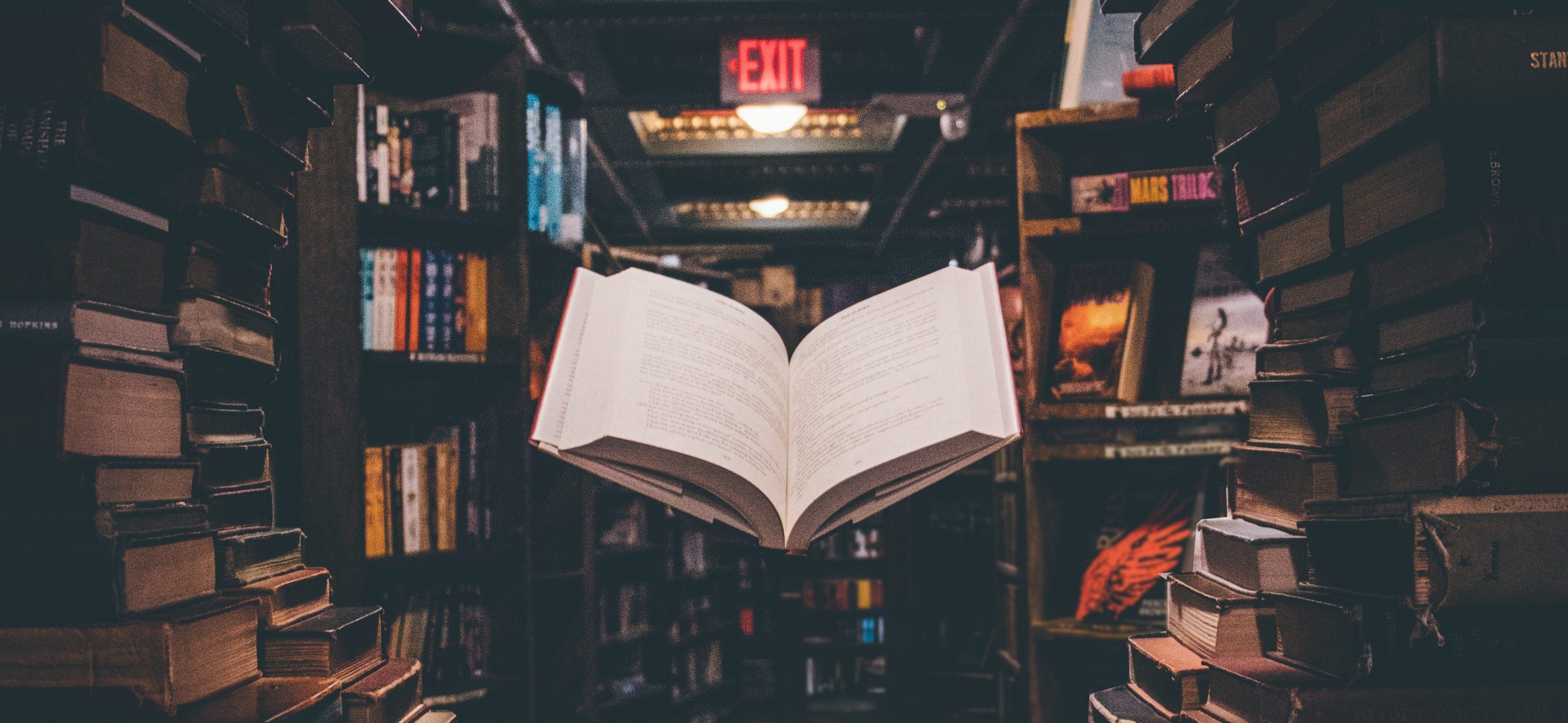


2020. BiCA – Biblioteche per la Cultura dell’Accessibilità
Completed project
BiCA “Biblioteche per la Cultura dell’Accessibilità – Libraries for Accessibility Culture” is a project that aims to improve the accessibility for people with visual disabilities. The project is promoted by the “Regina Margherita” Italian Library for the Blind in collaboration with Fondazione LIA. BiCA was presented as part of the “Lettura per tutti 2018” call promoted by the Centro per il Libro e la Lettura, and began its activities in May 2019.
Objective
The aim is to increase the texts available to visually impaired people and to experiment with innovative solutions that allow the blind and visually impaired to use the different types of texts.
Timeframe
The overall duration is 18 months, during which users, schools, libraries and digital publishing experts are involved to increase everyone’s awareness of the possibilities that new technologies offer for reading.
Project phases
The project initially foresaw the organization of training courses for young people in various Italian cities: Catania, Rome, Naples, and Trieste. Due to the COVID situtation, the training courses of Naples and Trieste have been organized virtually.
The training is aimed at students between 12 and 19 with visual disabilities, and aims to bring them closer to the world of accessible e-books. The course consists of a first introductory and theoric course about digital accessible reading; in the second part students can concretely put into practice the notions learned and experiment on their own devices. Participants are presented with the main reading solutions suitable for those with a visual disability, with tailor-made advice according to specific needs and requirements. The courses are taught by the Fondazione LIA and its team of trainers.
A training day is reserved specifically for blind students, accompanied by parents and communication assistants, and dedicated to the most suitable tools for reading in accessible environments. Another day is reserved for students with low vision: it is dedicated to accessible digital tools for reading with an in-depth study of those specifically designed for those with low vision (magnification, color contrast).
Parallel to the courses for students, a training day is planned for parents and communication assistants of the students who have joined the initiative; an accessibility expert from LIA presents a general overview of the digital reading tools and the opportunities they offer in terms of accessibility.
Each step also includes, at the end of the courses, a Reading in the dark by LIA where a writer reads alongiside with a person with visual disabilities some passages from his latest book. The Reading in the dark is a prerequisite for the training days, to raise awareness of the importance of making e-books accessible, but also to make parents, communication assistants and students present understand possibilities opened up by digital reading in terms of accessibility.
A pilot project on school books
Thanks to the collaboration of three italian publishers (Giunti, Lattes, Zanichelli), Fondazione LIA worked on the digital version of some sections of textbooks to make them accessible even to students with a visual disability.
For this phase of the project, school books were selected pertaining to different grades (primary school, lower secondary school and upper secondary school) and including various subjects. The accessibility experts of Fondazione LIA worked on the original source files provided by the publishers, in order to export a version in interactive PDF format, as accessible as possible according to international guidelines. All the elements present in the pages of the text have been included, even the exercises.
This process was followed by a second phase of checking the accessibility of the PDFs also from a didactic point of view: it was made possible by involving two teachers with visual impairments who were able to test the files. This phase was fundamental for a subsequent comparison between the LIA experts who worked on this digital version (completely identical to the one on the market) and the experts of the Italian Library for the Blind who also work on the production of new and adapted accessible versions of the textbooks of Italian publishers.



